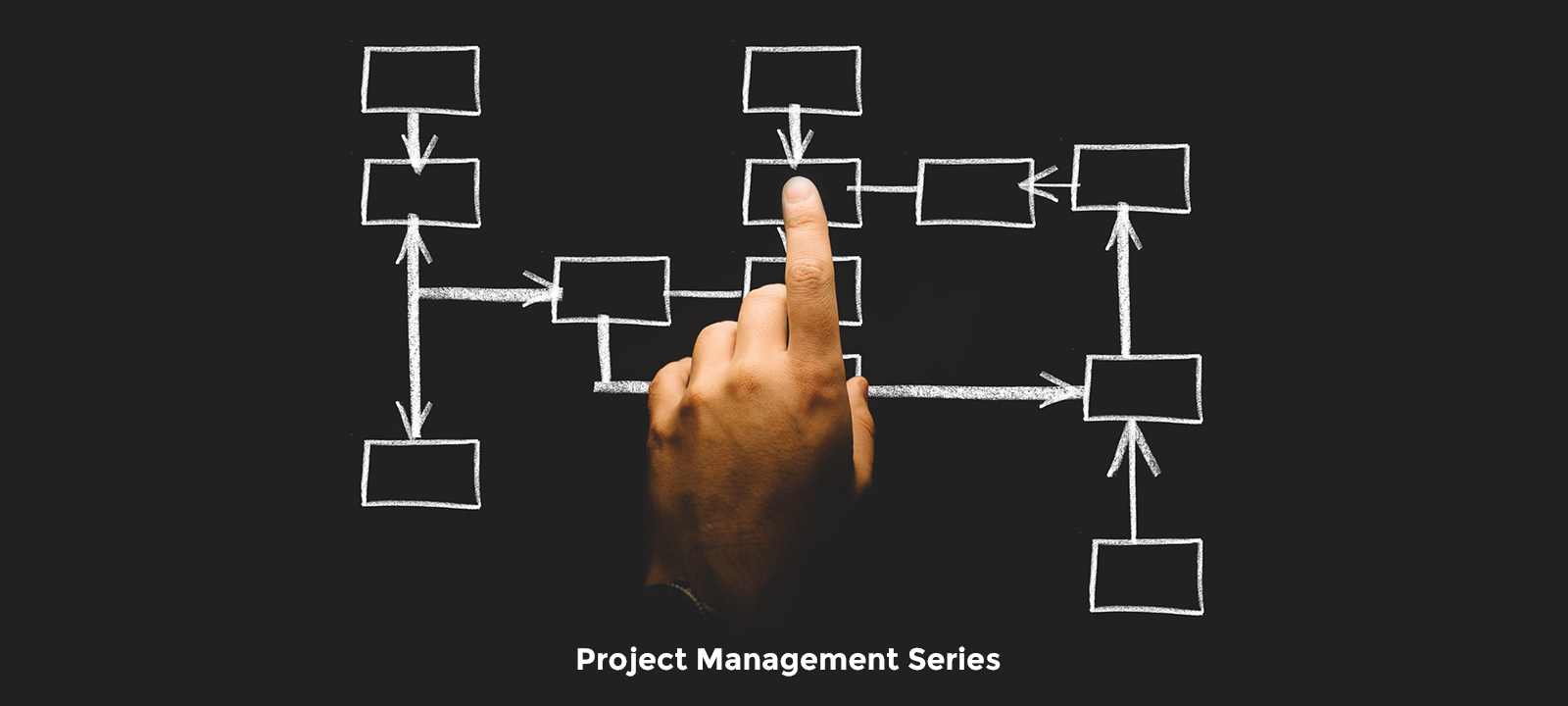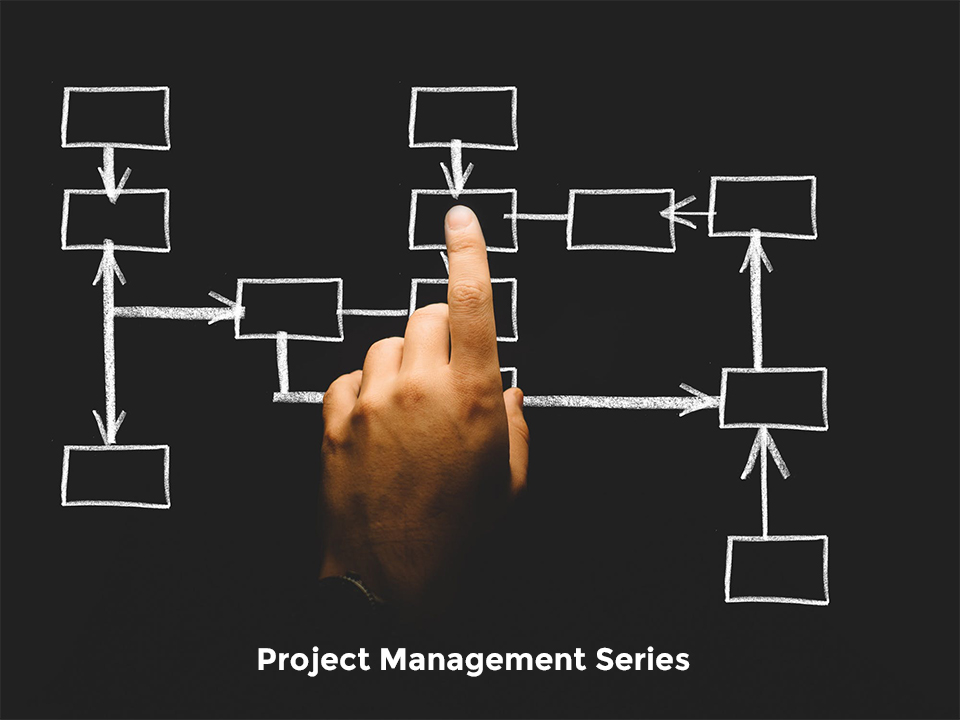“Great seminar and quite helpful. Great initiative. I guess a must visit for pretty much everyone (all age groups).”
Preventing hazards at Excavation sites

Preventing hazards at Excavation sites
Trenching, excavations, and pits pose a serious hazard to workers as well as people moving around them. Cave-ins pose a great risk, many a timesleading to fatalities. We must therefore always remember when we excavate are we constructing or digging a grave for someone innocent?
Do you know, 1 cum of soil weighs between 1.2 to 1.6 tonnes!!! That is about 24 to 32 bags of cement (each weighing 50 kg). Imagine that many bags falling on you when you are in a pit!!. Therefore an unprotected excavation or a trench is a potential grave, so we as engineers must always be conscious of this fact and ensure the safety of the workers working in excavation pits by providing adequate protection measures in the pits before putting workers into it. Any excavation more than 4 ft deep becomes potentially fatal, because if one is buried chest deep, it becomes life-threatening.
We can protect the workmen from cave – ins by
Supporting the sides of the excavation
Sloping and benching the sides of the excavation, or
By providing a shield between the excavation and work area
Protective systems need to be properly designed .The nature of the soil and its classification, the water content, the climatic conditions, the cutting depth, movement of heavy equipment in the nearby vicinity and nearby utilities and other structures and its foundations are some of the factors to be considered for a robust excavation protection system. One can slope excavations at an angle not steeper than 1 1⁄2: 1 meaning for every one foot of depth excavated, the trench must be excavated 1 1⁄2 ft backward which is considered safe for most of the soils. Using trench boxes or shields is another method of protecting excavation pits from cave-ins. Shoring with a system of horizontal, vertical and inclined members is another means of protection which is to be designed and then erected.
Excavations must have ladders for escape at approximately every 45 ft interval and height 3 ft above the excavation top. Lifelines in deep excavations with proper anchorage are desirable.
Other than cave-ins, workers are exposed to hazards on account of mobile equipment moving in the close vicinity of excavations, falling loads and asphyxiation due to subsoil gases.
Workers can be protected from falling loads by keeping the excavated debris at least 2 ft away from the excavated edges. Movement of heavy equipment in close proximity is to be restricted and adequate barricading and warning signs are to be provided.
Adequate underpinning to adjacent exposed foundations is a must to ensure the safety of these structures.
Testing atmospheric hazards for excavations more than 4 ft to check oxygen levels and hazardous fumes is a good practice before allowing workmen to enter the excavation pits.
A small effort of inspection excavation pits at the start of every shift and in case of weather conditions such as rains and storms are simple acts that can go a long way to ensure the safety of workmen.
When excavating, promote safety for life…
Sonali P Deshpande
21st Aug 18
Founder – SpringBoard Mentors
About the Author – Graduate Civil Engineer (VJTI Mumbai), Post graduate in Projects Management (NICMAR Pune) ,Contracts Management certification (NICMAR Pune) , Workplace Safety certification (NEBOSH UK) – 25 years of comprehensive experience in Construction , Projects Management , Contracts Management , Safety Management , training.
References – OSHAS Occupational Health and Safety Administration – Trenching and excavation Safety 2226-10R 2015
Indian Standard IS 3764 – Code of safety for excavation work
The Difference between Operations and Projects

The Difference between Operations and Projects
Operations are ongoing processes that are routine in nature, whereas we can say, managing projects is a complimentary discipline. It helps you to manage your projects systematically. Both projects and operations are performed by people. They are planned, executed, monitored and controlled and have a limitation on resources, yet there is a distinct difference.
A project is a temporary endeavor to create a unique product, service, result or a solution. Temporary essentially means it has a definite beginning and end. Meaning, once it is delivered, the project ends. The end of the project is achieved when the objectives of the project are met. Temporary does not mean short-term, though. Projects could be of mammoth scales when we speak of cleaning the river Ganga, sending a spaceship to Mars or running a bullet train, on the other hand buying a television or a car or a get – together for the wedding anniversary could also be a project. In each of these cases, the output is unique and it is governed within a framework of the defined scope of activities, has a cost that is – a fixed budget and a definite timeline.
Operations are ongoing and permanent endeavors to produce long-term, repetitive outputs. Ongoing activities are repetitive processes that will produce the same result or a product again and again. There will be a set of tasks with a standard output in the life of a product. Operations are aimed at running processes efficiently to generate profits for the business.
Let us say that in a particular model of a car there could be many projects to improve this model, like improving its efficiency, features, shape or design. These projects will be executed and completed and the changes through this project will become a part of the car. Meaning, the projects will come and go, whereas the production of the car continues as usual with the refinement through these projects being absorbed in the product as and when these projects are delivered.
Therefore projects and products will interact with each other at specific points in a product’s lifecycle.
Sonali P Deshpande
31st Aug 18
Founder – SpringBoard Mentors
About the Author – Graduate Civil Engineer (VJTI Mumbai), Post graduate in Projects Management (NICMAR Pune) ,Contracts Management certification (NICMAR Pune) , Workplace Safety certification (NEBOSH UK) – 25 years of comprehensive experience in Construction , Projects Management , Contracts Management , Safety Management , training.
Are You Cheating Yourself?

Are You Cheating Yourself?
Are you cheating yourself? Let’s find out…
Mahesh Jadhav is a Mechanical Engineering in his early 40s and teaches in a technical school (ITI) in Mumbai. His main aim in life has always been to earn money and move around in the company of rich & famous. However, with his present job he is unable to fulfill his dream. Over a lunchtime discussion with his colleague in the same technical school, he discovered that investing in share market is an easy way to generate quick money. He purchased a few shares using his bank balance and within a week he earned as much as 9%. This was much more than what his bank was offering him for fixed deposits. Within a month or so Mahesh liquidated all his bank deposits and investments in the stock market. He was earning much more after all. However, as it happens with many, his quick money making machine started sucking his money and he ended up exhausting all his bank deposits and in fact, even had to borrow from his friends for the day to day family expenses. He is somehow making the ends meet. He is no more interested in the stock market and is not open to any new idea.
Tarun Kumar, a budding journalist from Ranchi came to Mumbai in search of a better job with a leading newspaper. He stayed in shared accommodation with some of his colleagues and really worked hard to make his position in his company. And he did impress his seniors with his aptitude and passion to perform. Within 4 years after coming to a new city he was promoted to the position of Assistant Editor. He misses his parents, sisters, and friends back home but enjoys the daily grind of Mumbai city. Has made some new friends in office and also in the Mumbai local train. “Mumbai local”, he says, “is my constant companion and she knows where I wish to go.”
Sanjay Saxena, MBA (Marketing) from Kota, Rajasthan entered in his family business of garments trade after working for a few years in some private companies in Pune. The business was doing well and he was learning pretty quickly under the mentorship of his father and uncles who were running the business jointly. Sanjay, however, got bored and declared that he wishes to go back to Pune. He feels, “Pune has a special charm and I feel a magnetic pull towards the city”. He even convinced his seniors in the family that he won’t take up any other job and will continue this family business in Pune for 3 years. If he didn’t succeed, he will come back to Kota. Now in his 3 rd year in Pune, he is running a small coffee-shop which is always flooded with young boys & girls (his customers) where he sells 12 varieties of fresh coffee near a popular engineering college. He is not in his family business but his parents and seniors are happy with his choice.
Although the names mentioned above have been changed to avoid revealing their identity but don’t we all know many such Mahesh, Tarun, Sanjay and similar persons in real life? Some we call failures and some as successful or are on their path to success. Mahesh had a dream of becoming rich and so did Tarun & Sanjay had their own callings. However, we may see that today Mahesh looks like a failure and Tarun & Sanjay are struggling but doing pretty well. It’s not about the financial success, but they are at peace with themselves and are enjoying whatever they are doing.
What separates them are three factors… passion, belief & competency. Mahesh was passionate about earning money but did not have competency. After losing his money in the stock market, he even lost his belief. He did earn a few thousand initially but did nothing to learn the basics of investing. He was just a punter and not a serious investor. Serious investors study the companies, predict the future of companies based on their economics, Government policies & markets and then invest for long term. Mahesh just took a short-cut approach which was no more than gambling.
In contrast, Tarun wanted to make his mark among India’s big journalists. He soon discovered that it may not be possible by living in Ranchi and Mumbai is the right place for him. He is surely not living a comfortable life but his core competency and passion are taking him ahead. Sanjay on the other hand just wanted to stay in Pune. He didn’t have a clear plan. He even drifted from his previous plan of expanding his family business. But he had a core competency in doing a business, had belief over his abilities and of course a lot of passion… “magnetic pull towards the city”.
Now the original question, are you cheating yourself by doing whatever you are doing? Are you cheating yourself by not taking the much needed steps? Are you cheating yourself by not choosing uncomfortable options? Are you cheating yourself by listening to others who are still in the same soup? Are you cheating yourself by not enhancing your competency?
Think…
Prashant M Deshpande
28th Aug 18
About the Author – Graduate Chemical Engineer (Shivaji University Kolhapur – TKIET Warnanagar), Advance Diploma in Industrial Safety (Maharashtra Board of Technical Education –Mumbai), MBA Foundation – ICFAI Hyderabad, Certified Assessor, 25 years of comprehensive experience in Chemical operations , Safety management , Life Coaching and Mentoring.




